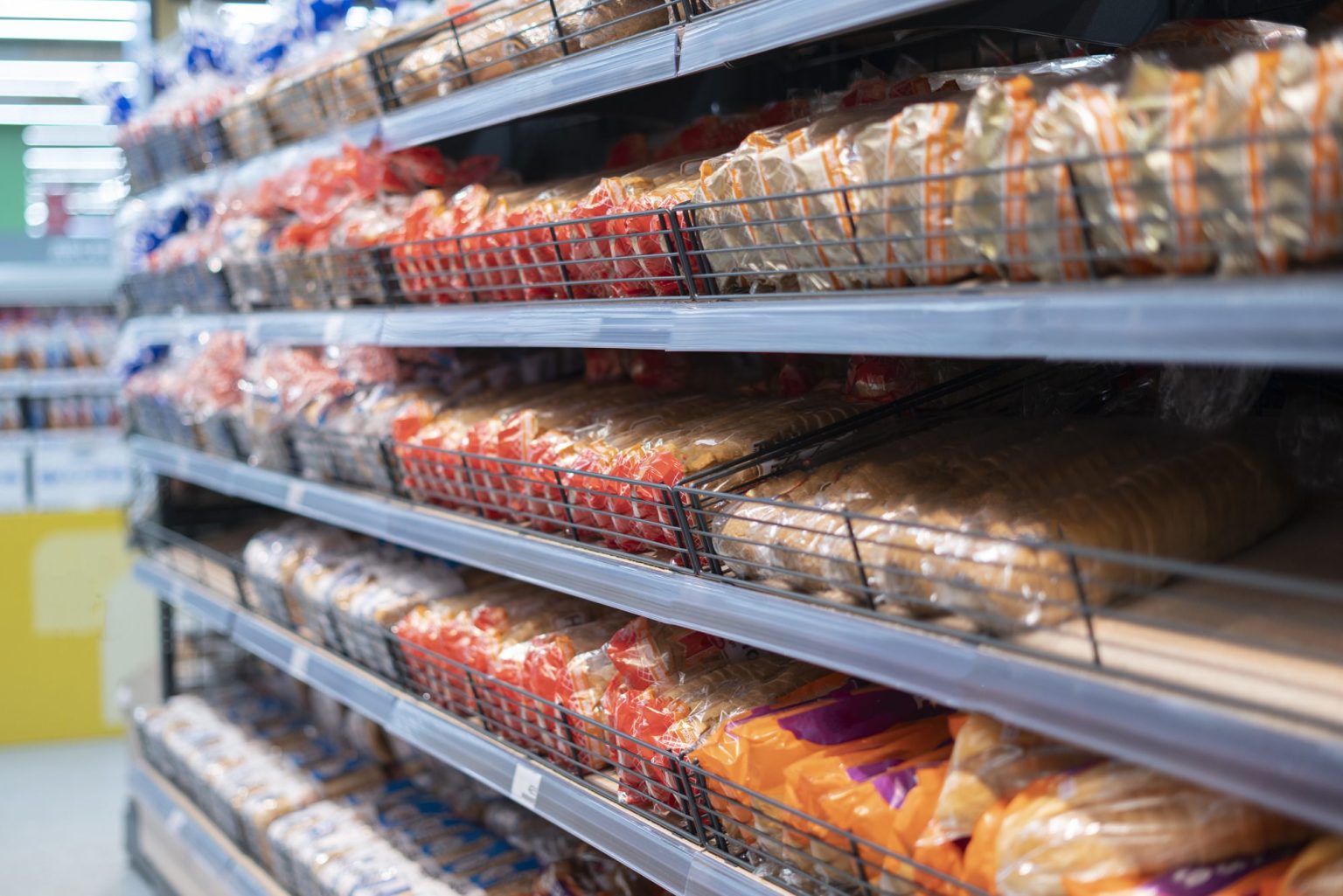What Is Calcium Propionate?
Calcium propionate is a common preservative used in industrial bread production. It works by inhibiting mould and bacterial growth, extending the shelf life of loaves. Bakeries that mass-produce bread often rely on it to keep products fresher for longer during transport and storage.
Is Calcium Propionate Allowed in Bread?
Yes, calcium propionate is permitted in bread in the United Kingdom, the European Union, the United States, and many other countries. Regulations allow it within defined limits, and food labels usually list it as E282. Although considered safe by food authorities, public concern about long-term health effects has led many artisan bakers to avoid it.
Why Is Calcium Propionate Controversial?
Some studies suggest that calcium propionate may contribute to headaches, digestive discomfort, or behavioural changes in children. The evidence is mixed, but it raises questions about whether chemical preservatives belong in everyday foods like bread. Because of these concerns, consumer demand has shifted towards additive-free, naturally fermented loaves.

Calcium Propionate and Natural Fermentation
Unlike industrial bread, sourdough does not require calcium propionate. During fermentation, lactic acid bacteria create organic acids that naturally slow mould growth. This process protects the bread, improves flavour, and supports the gut microbiome. It also avoids the risks and side effects associated with chemical preservatives.
The Sourdough School Approach
At The Sourdough School, we do not use calcium propionate or any other chemical preservatives. Instead, we teach bakers and healthcare professionals how to harness fermentation for both flavour and health. Our Proven Bread subscription delivers naturally preserved loaves made with botanical blends and regenerative ingredients.
For those who want to learn how to bake without additives, we offer 1-day introduction courses, immersive Diploma programmes, and restorative retreats. We also provide nutrigenetic testing and personalised assessments to help people understand how bread interacts with their unique biology.
By choosing natural fermentation over chemical shortcuts, you support your health and contribute to a more transparent, sustainable food system.



